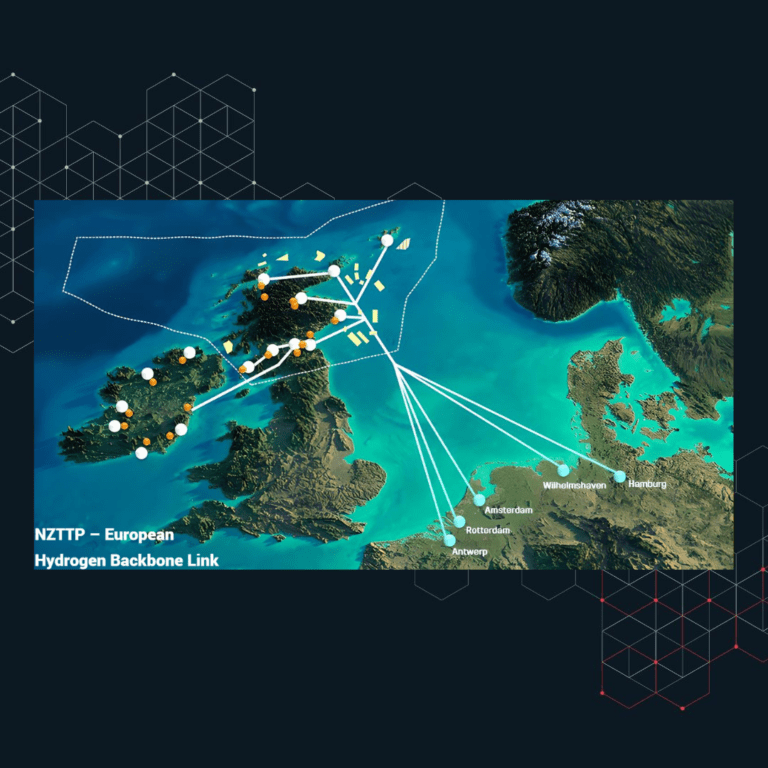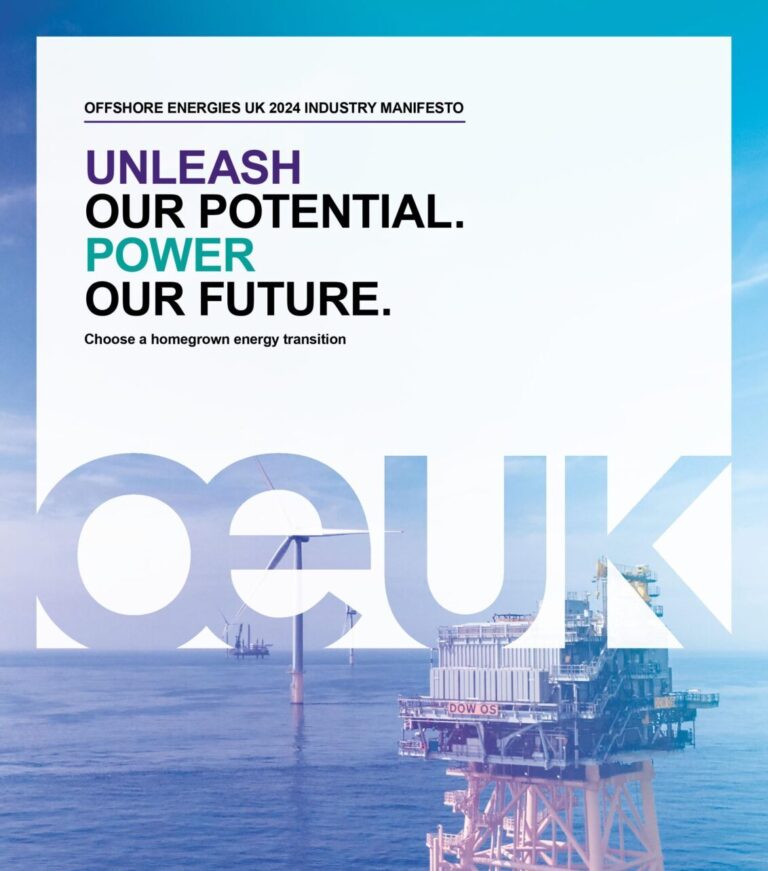CCUS Material Support: Lessons and Warnings
In our recent collaboration with a prominent client, we were asked to review multiple FEED documents for a Carbon Capture, Utilisation and Storage (CCUS) project. The focus of the review was the material selection report, the corrosion risk assessment and mitigation, and the pipeline specification. We identified several areas that required significant improvement, including preparing an appropriate corrosion assessment and avoiding the use of inadequate corrosion models. We also noted a poor understanding of ductile running fracture. These defects stemmed from an extensive reliance on traditional Oil and Gas methodologies within the project, and the use and misuse of go-bys, resulting in inadequate documentation. This is because the contractor that carried out the FEED has a strong record in oil and gas projects but limited experience in CCUS. Furthermore, the large size and rigid structure of the FEED contractor resulted in a constrained approach that relied too heavily on the reutilisation of “go-bys” and previous oil and gas project documentation. While these methodologies have their merits, they fell short in addressing the unique complexities of a CCUS project.
The Lack of a Holistic View:
One of the prominent consequences of relying heavily on oil and gas practices was the lack of a holistic view of the project. The team’s isolated approach, in which individual concerns took precedence over cross-communication, exacerbated this issue. As a result, the team struggled to address CCUS-specific challenges effectively. These gaps in the project approach introduced critical risks and limitations. It became evident that without a shift away from an oil and gas mindset, the team would face difficulties in preparing adequate project specifications, compromising long lead items during the FEED phase. Additionally, inadequate mitigation of critical damage mechanisms and failure modes unique to CCUS posed potential threats to the project’s success.
The Path to Improvement:
Recognising these setbacks and comparing them to OGC Energy’s performance in similar projects, we have identified the necessary steps to enhance our approach and deliver exceptional results. What makes OGC Energy successful in CCUS is being committed to the following strategies:
1. Cross-Disciplinary Collaboration:
We firmly believe that collaboration across disciplines is pivotal to project success. By working closely with our partners in the CCUS field, we can bring diverse expertise to the table. This collaborative approach ensures a holistic perspective in addressing material selection, corrosion management, and other critical aspects. By integrating our knowledge with that of our partners, we can develop comprehensive solutions that align with the intricacies of CCUS projects.
2. Solid Understanding of CCS including Thermodynamics, Corrosion, Stress Cracking and Ductile Running Fracture:
It is clear that experience in oil and gas is not enough to complete a CCS challenge. A better understanding of impurities and their resultant damage mechanisms in CO2 environments is necessary. This knowledge is based not only on metallurgy and materials science but also on an in-depth understanding of ductile fracture and thermodynamics.
3. Adopting a CCUS Lens:
Rather than attempting to retrofit an oil and gas mindset, we recognise the need for a paradigm shift. To overcome challenges specific to CCUS, we will adopt a CCUS lens, allowing us to focus on the unique requirements and intricacies of these projects. By leveraging our specialised knowledge and experience in the CCUS domain, we can proactively identify and address novel problems that arise. This approach ensures that our solutions are tailored and effective, maximising the project’s success.
4. Leveraging our Proven Track Record:
Experience is a powerful tool, and we are proud of our track record in successfully delivering projects. Drawing upon our wealth of experience, with 60MTPA of CO2 emissions set to be removed through OGC Energy projects, our track record influences decision-making within the team. By incorporating the lessons learned from previous endeavours, we can guide our approach, ensuring that we effectively navigate the complexities of CCUS initiatives. Our expertise and experience will be the cornerstone of our ability to address unique challenges and deliver comprehensive solutions.
Our review of this major CCUS project revealed that it is not enough to be proficient in oil and gas. By embracing a new CCUS approach based on cross-disciplinary collaboration, materials expertise, and adaptability, as well as leveraging our proven track record, we can deliver exceptional results. Through our transformative approach, we aim to strengthen the document review process, mitigate risks, and support the successful implementation of CCUS projects.
We invite you to embark on this journey with us, where collaboration, specialised expertise, and a commitment to excellence drive the future of CCUS material support.
Are you finding yourself stuck in the chaos of traditional approaches, risking project setbacks and missed opportunities? Trust in OGC Energy’s proven approach, underpinned by our impressive track record of sequestering 60MTPA of CO₂, to ensure the successful completion of your CCUS projects.
Contact us at office@ogcenergy.com to learn more – Ask your questions to Mark McLeod and the OGC Energy team.



